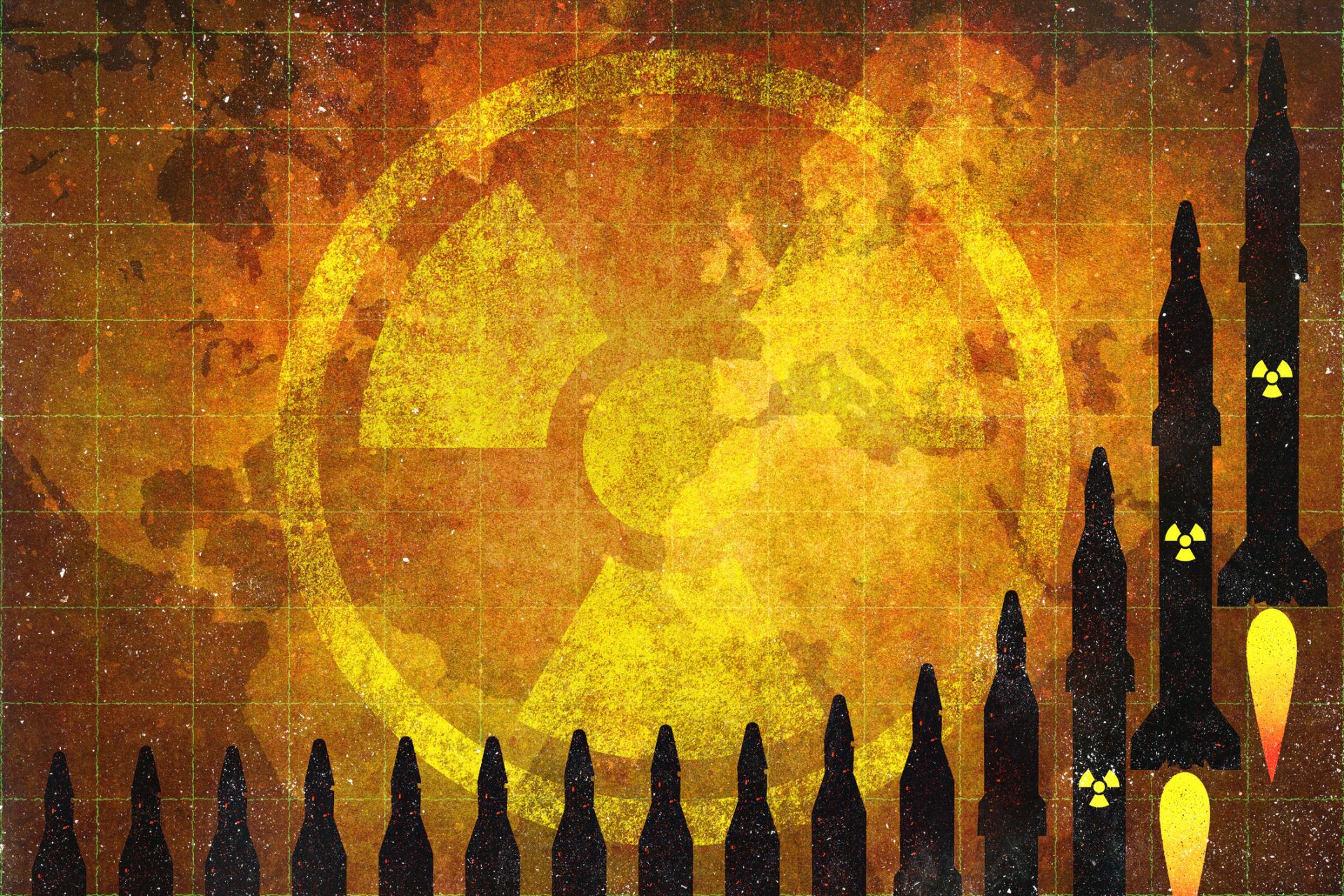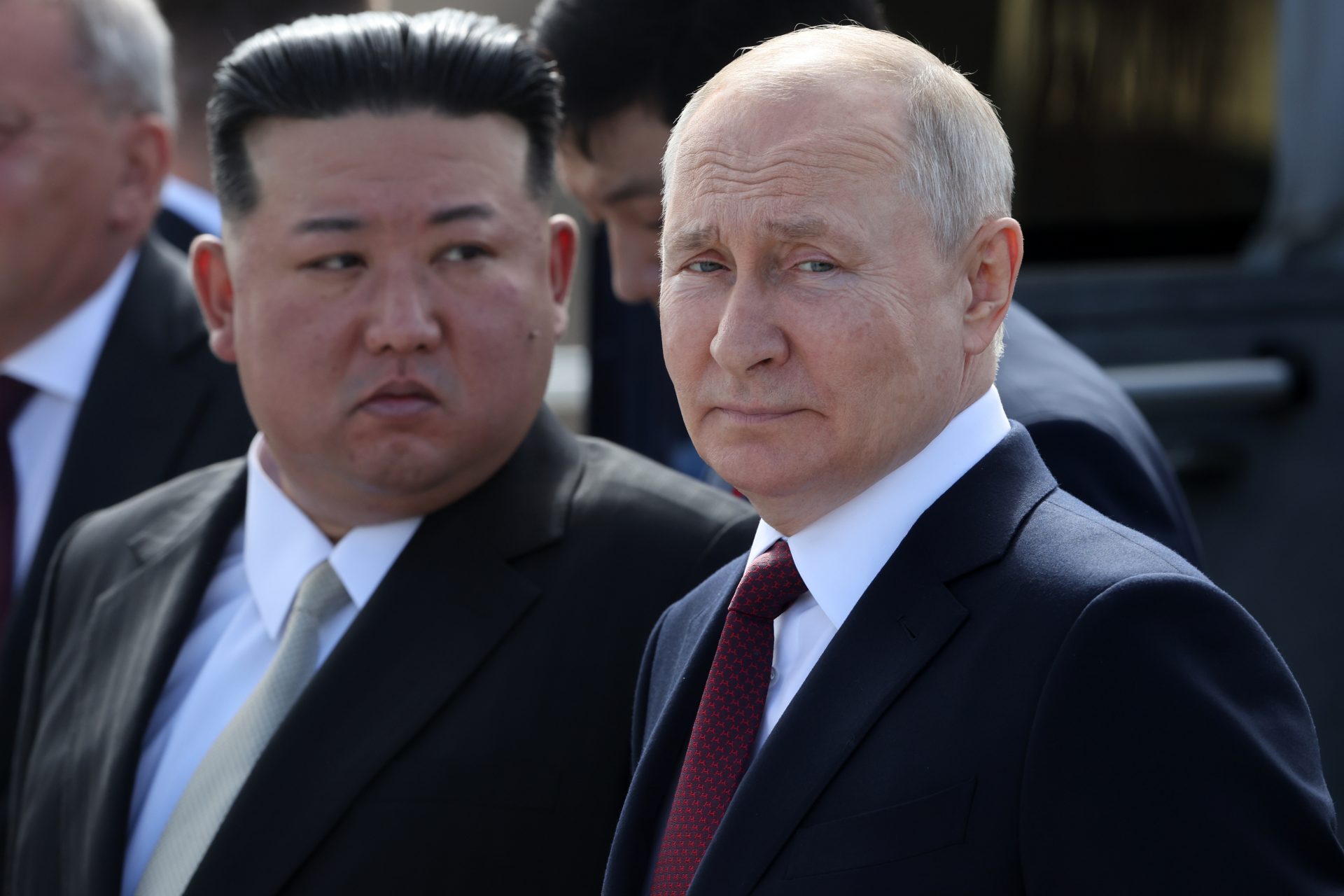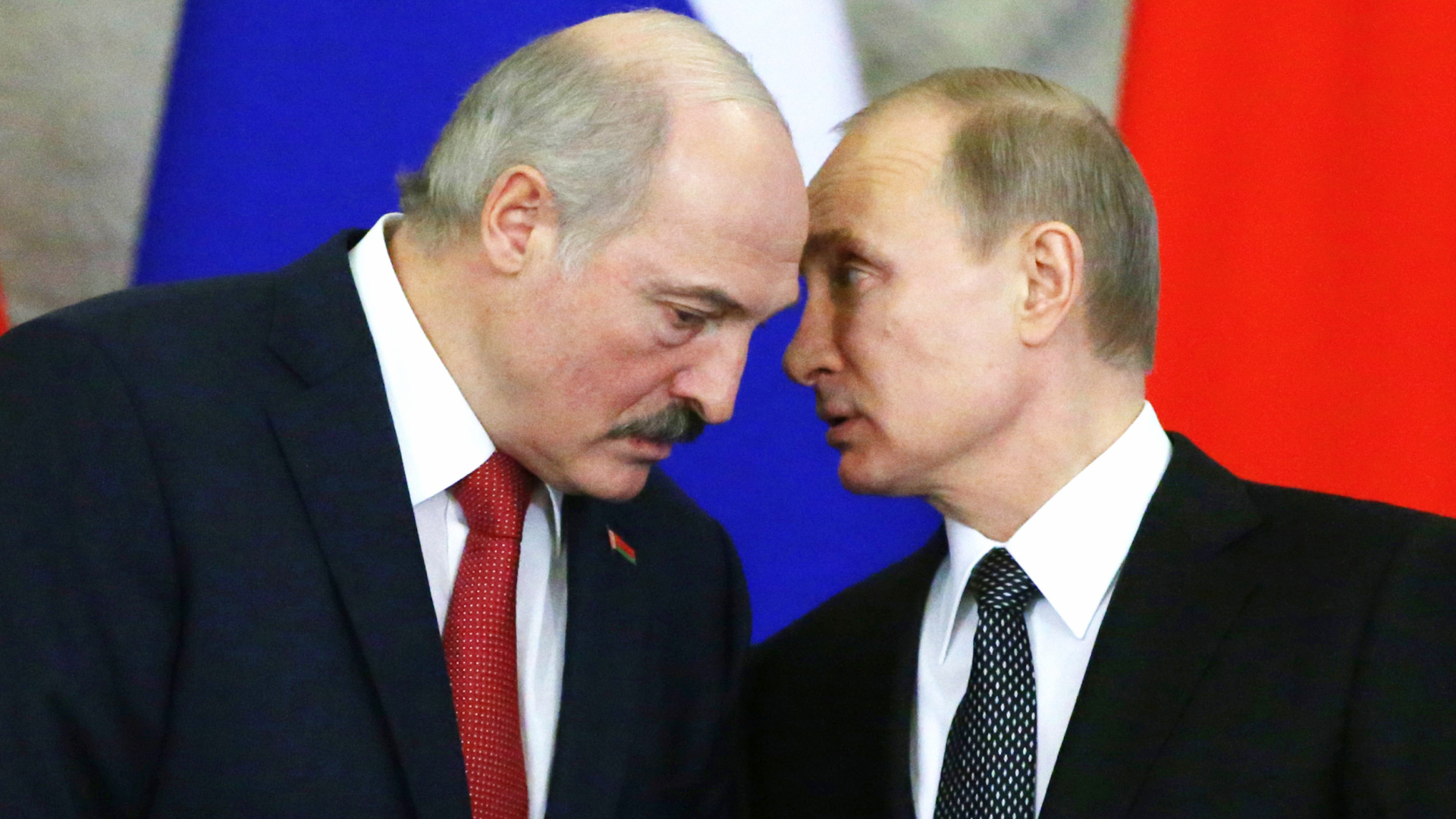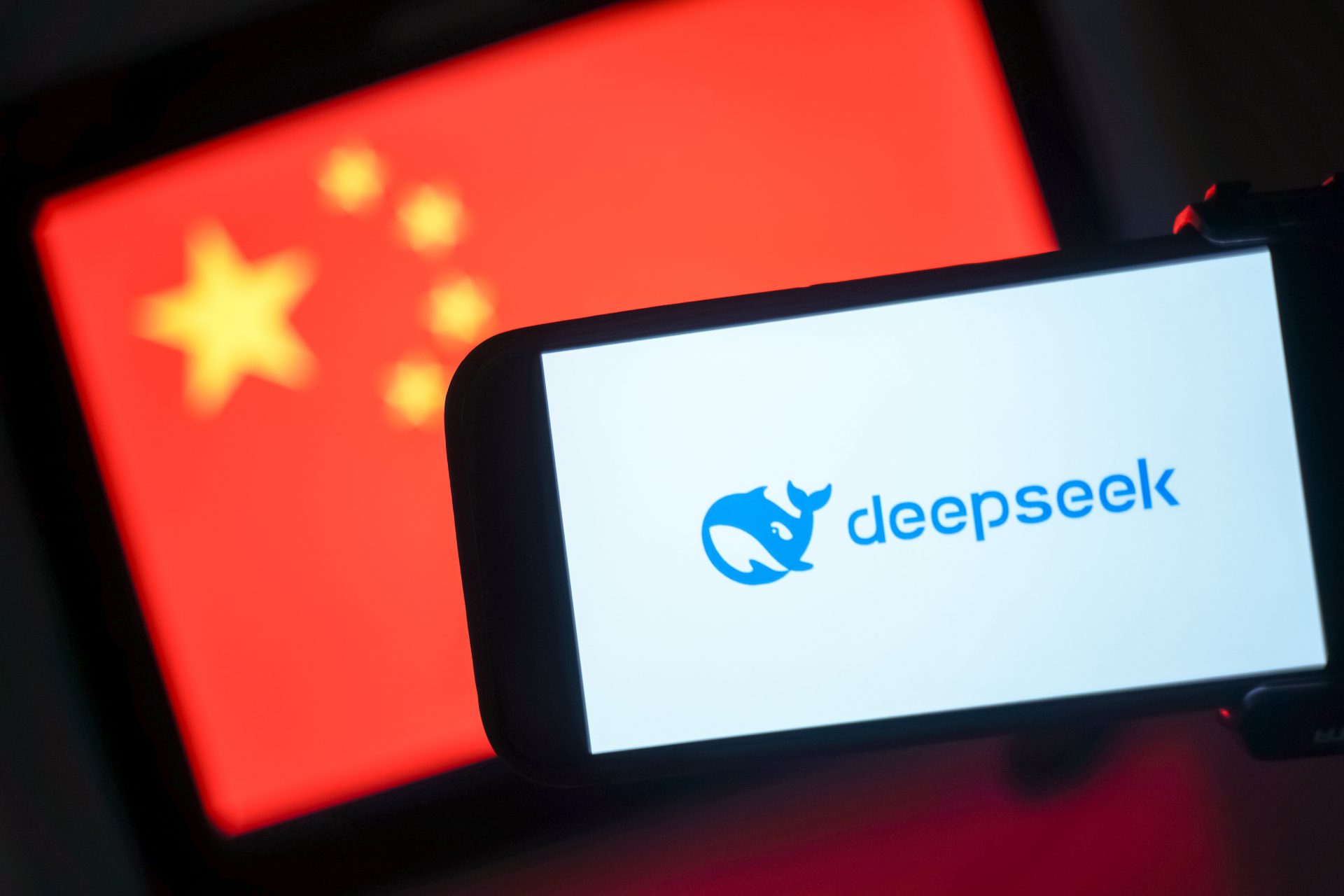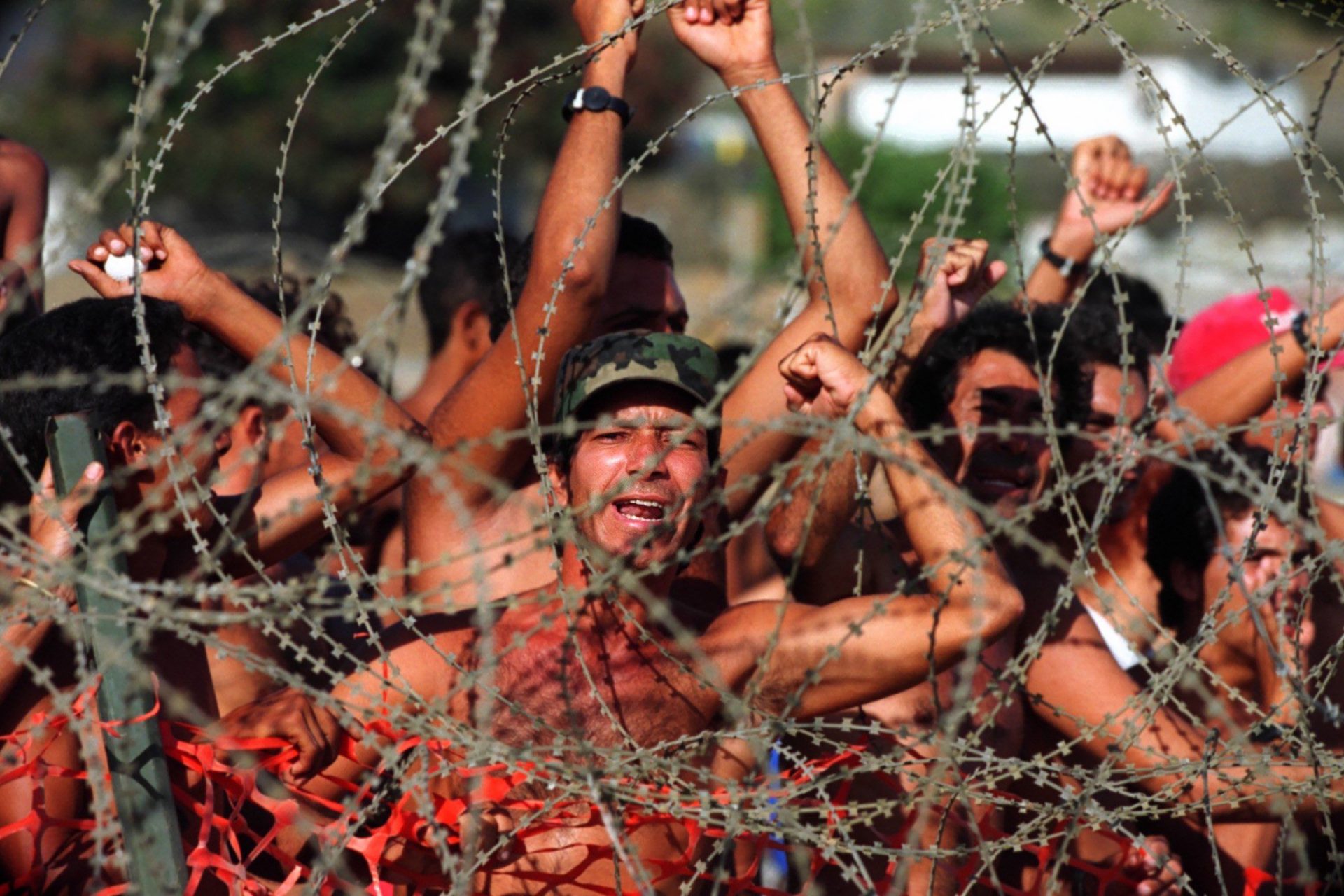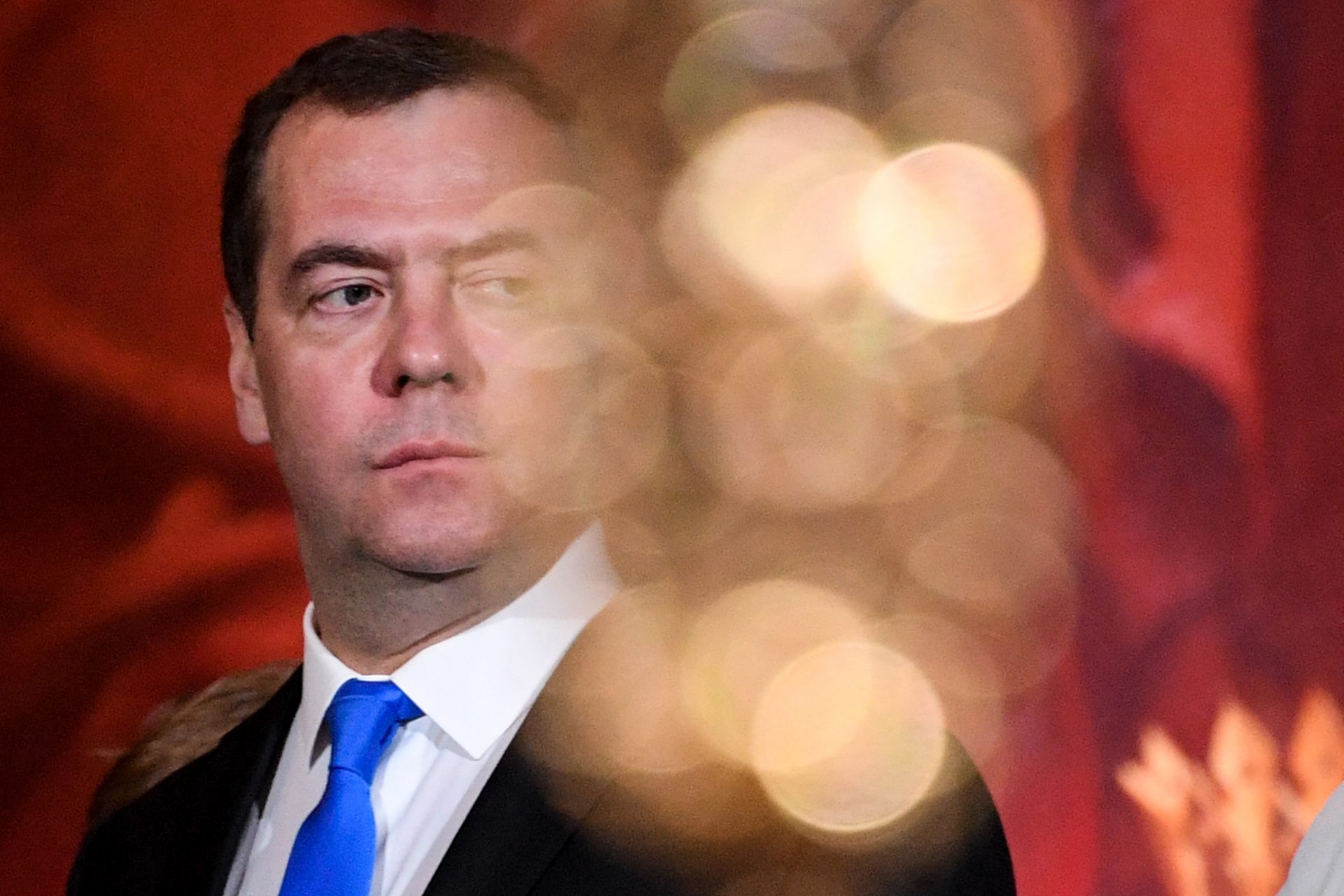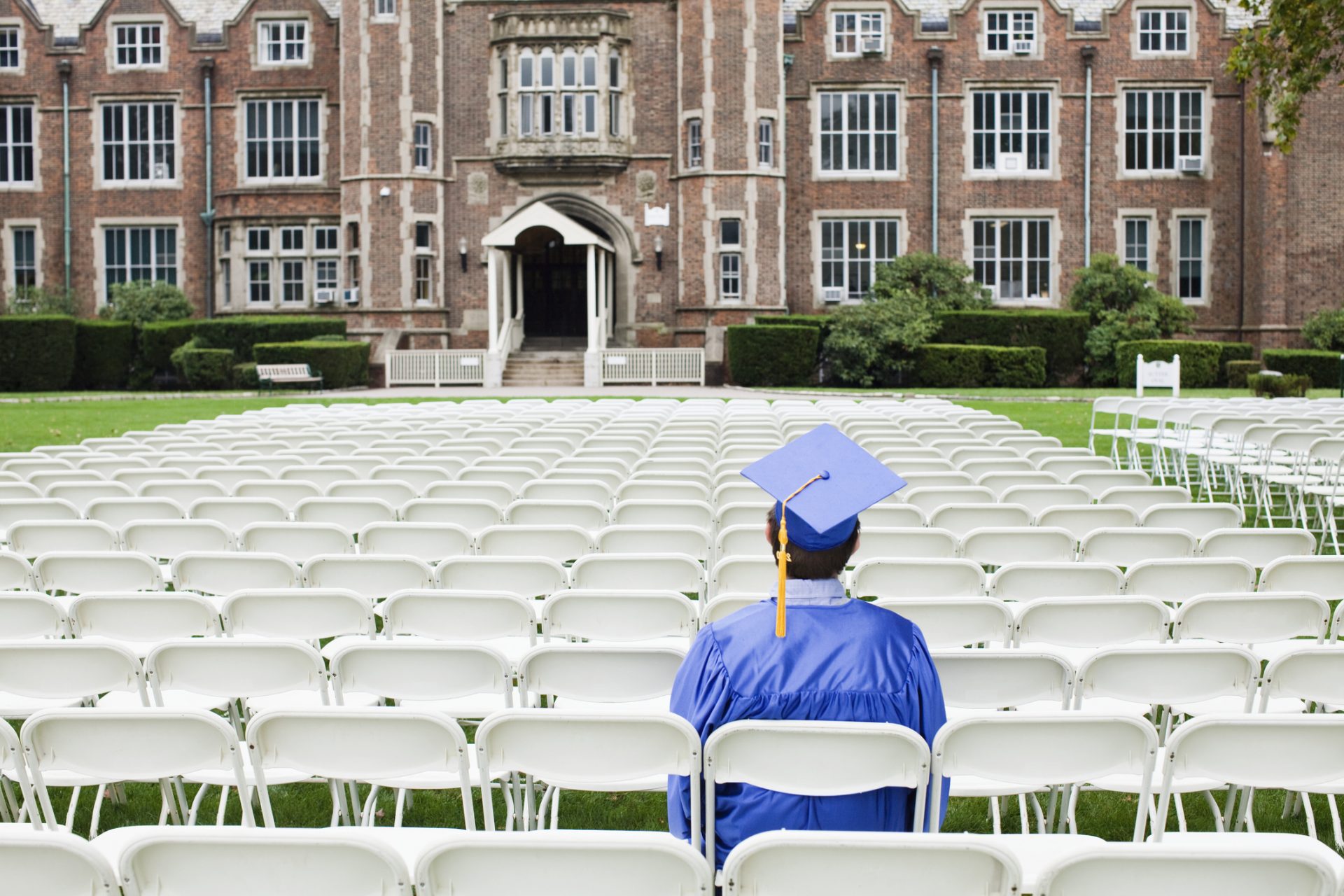Roald Dahl books edited: modern adaptation or absurd censorship?
His books have sold more than 300 million copies and have been translated into 63 languages, while there have been numerous adaptations of his work for both the big and small screens.
Although several of his best-known children’s books were first published in the 1960s, Roald Dahl is among the most popular authors for young people today.
Photo: Johnny McClung/Unsplash
The changes, recommended by Inclusive Minds, an organization that reviews diversity in children’s literature, include removing or replacing words, describing the appearance of characters, and adding gender-neutral language in places.
For instance, Augustus Gloop in ‘Charlie and the Chocolate Factory’ is no longer “fat” but “enormous” and Oompa Loompas are gender neutral.
Photo: Warner Bros.
Mrs. Twit, from The Twits, has become “beastly” rather than “ugly and beastly” and "a weird African language" is no longer weird.
Photo: Royal Court Theatre
In Matilda, the protagonist no longer reads the works of Rudyard Kipling but Jane Austen. Furthermore, some passages, not written by Dahl, have been added.
Photo: Columbia TriStar
In The Witches, for example, a paragraph explaining that witches are bald beneath their wigs ends with the new line: “There are plenty of other reasons why women might wear wigs and there is certainly nothing wrong with that.”
Photo: HBO Max
Laura Hackett, deputy literary editor of the Sunday Times, said she would continue to read her original copies of Dahl's books to her children in all "their full, nasty, colourful glory".
Photo: Josh Applegate/Unsplash
Chatterje told the BBC: "I think it's been done quite sensitively. Take the word 'fat'. They've used 'enormous'. If anything, I actually think 'enormous' is funnier."
Most notably, ‘Charlie and the Chocolate Factory’ was partially rewritten by Dahl in 1973, after pressure from the National Association for the Advancement of Colored People and children’s literature professionals.
Dahl’s original Oompa Loompas were “a tribe of tiny miniature pygmies” whom Willy Wonka “discovered” and “brought over from Africa” to work in his factory for no payment other than cacao beans.
Photo: Chrissie Kremer/Unsplash
While Dahl vehemently denied that the novel depicted Black people negatively, he revised the book. The Oompa Loompas then became residents of “Loompaland” with “golden-brown hair” and “rosy-white skin”.
Photo: Warner Bros.
Moreover, Dahl has long been regarded as controversial, especially for several antisemitic comments he made throughout his lifetime, which his family officially apologized for in 2020.
Children’s literature implicitly shapes the minds of child readers by presenting particular social and cultural values as normal and natural, according to Michelle Smith, senior lecturer in Literary studies.
Photo: Michal Parzuchowski/Unsplash
For example, it can be very troubling for Black children to read an edition of Mark Twain’s Huckleberry Finn in which the N-word has not been removed, Nel points out.
Either way, both experts agree that, as adults, we can help children “navigate” stories with outdated language, values and ideas.
More for you
Top Stories






























